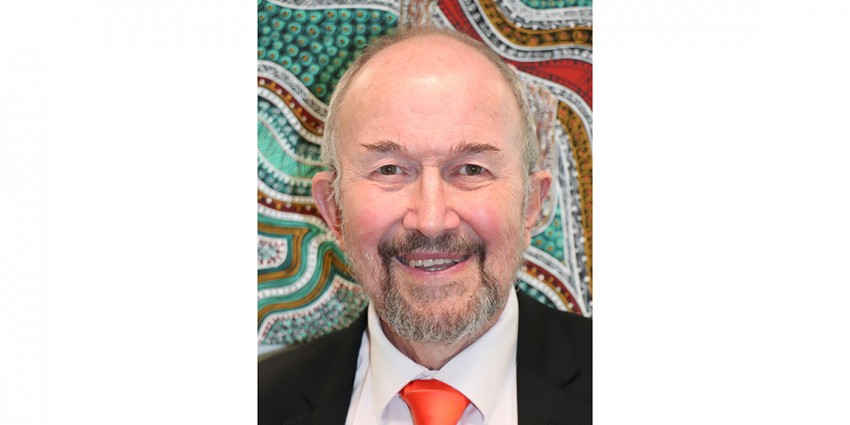
It is a time to celebrate the cultural and linguistic diversity people from all over the globe have gifted to this state as they chose to call it home.
WA has always been a multicultural society, and this is a privilege for all who live in it, so why are so many people from culturally and linguistically diverse backgrounds not able to access the same level of services as white Anglo-Saxon communities.
Systemic race discrimination does not just hinder individuals, it hinders the progress and prosperity of the State.
There are many aspects to systemic racism; however, for the purposes of this column I will speak about two major barriers to ethnically diverse communities and that is language and housing.
Language and the assumption that everyone can, or should, speak English is a barrier to many culturally and linguistically diverse communities.
Interpreter services are vital to breaking down that barrier. Organisations need to allow appropriate budget allocation for these services, which need to be clearly advertised. Staff also need to be provided with the education to know when to use these services.
This also includes Aboriginal languages. The Commission advocated strongly for the use of Aboriginal interpreting services as research shows a lack of these services can contribute to dire health consequences and over representation of Aboriginal people in the justice system including denial of natural justice.
Given the importance of housing to people’s basic human rights, this Commission has over the years, undertaken studies into the barriers to housing for these groups. These studies included both a review of public, social, and private rental sectors.
Race discrimination in the private rental sector often means social housing is the only option for Aboriginal people and ethnically diverse communities.
However, in its research, the Commission found many policies and procedures did not meet the needs of those who have the greatest need for social housing.
Research and data collection is key to understanding the barriers faced by Aboriginal and ethnically diverse communities.
To gain better understanding about why they cannot access essential services organisations need to invest time and money towards data collection and research into this section of their customer base.
The lack of decision makers who represent our multicultural society also needs to be addressed.
The current system of meritocracy has allowed not addressed unconscious bias and has resulted in a monoculture within decision making which sees organisations rely on people with little understanding and little lived experience of their customer bases when they develop and approve policies and procedures.
With diversity representation among decision makers greater consideration would be given to a greater proportion of the community, and this is what organisations must keep in mind.
The argument that budgets do not extend to specialised research and services for a diverse community is not a sound one.
Spending money on these resources is both an economic and social investment.
Above all it is an investment in harmony, and I can think of no better investment for our state than that.


